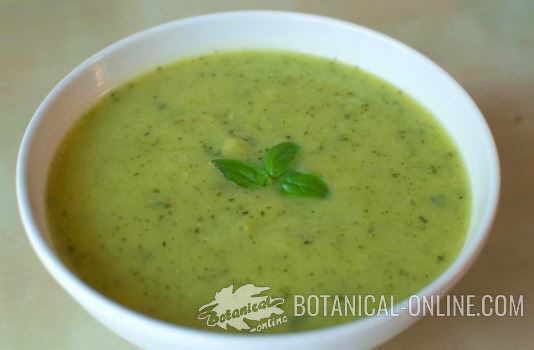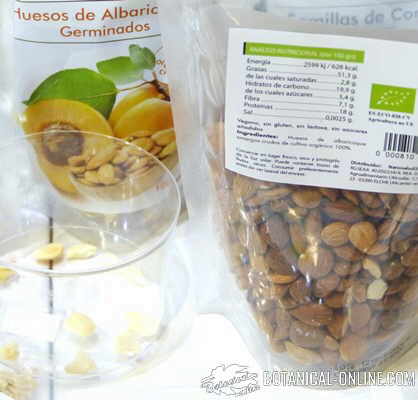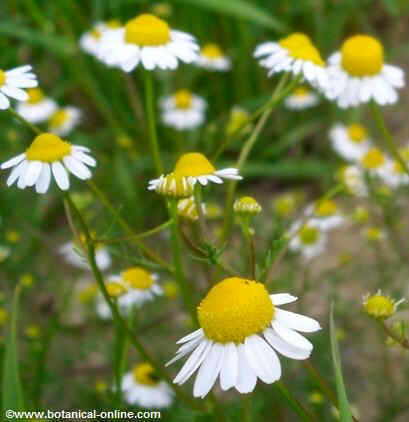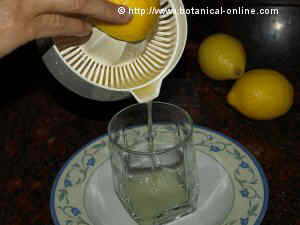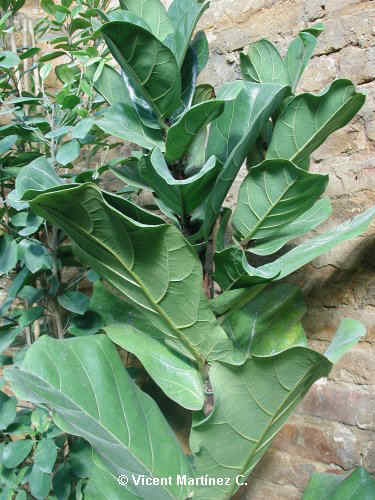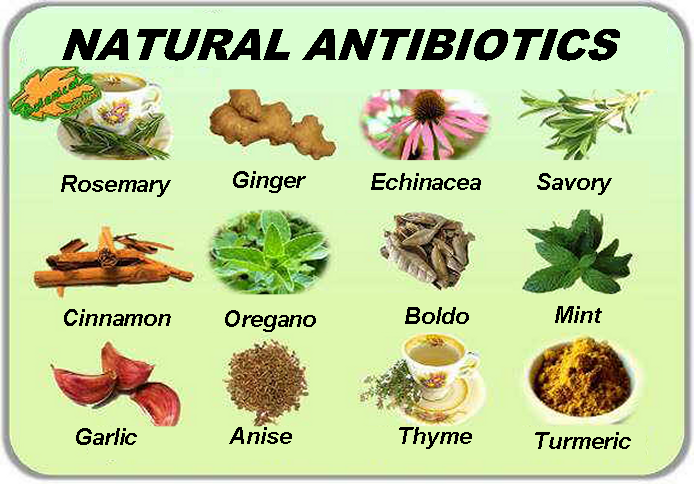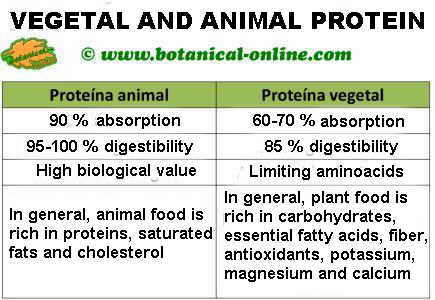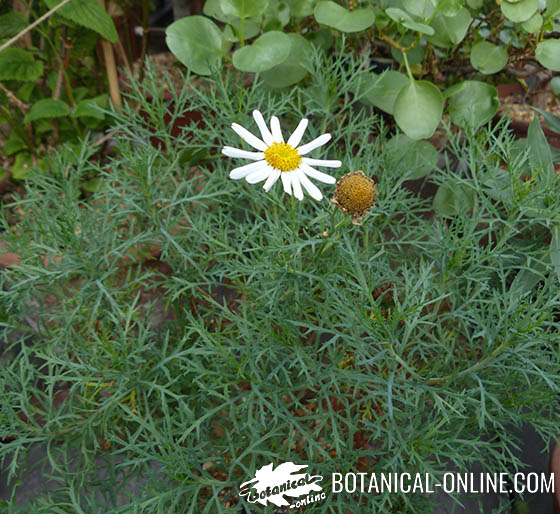Contents
Health benefits of love-in-a-mist (Nigella damascena L.)
What is love-in-the-mist?
Common noun: Love-in-a-mist, Devil in the bush
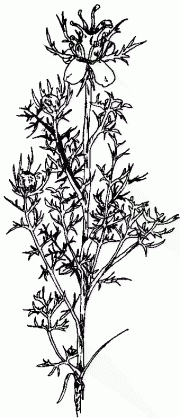
Scientific noun: Nigella damascena L.
Family: Buttercup family – Ranunculaceae
Habitat: In sown fields and dry Mediterranean places. It is cultivated in some other cold places as a garden plant.
Characteristics of Love-in-a-mist
Annual herb of the Buttercup family- ranunculaceae- up to 30 cm. Stems erect, somewhat wooden. Leaves divided in many segments Bluish flowers, about 3 cm wide, on an involucre of leaves similar to those of the stem. Very swelled fruit
Picking up and storing: Seeds must be collected in Autumn when they are well ripe. They should be stored in an airtight well-closed container. The fresh plant can be gathered in spring.
Composition: It mainly contains the alkaloid damascenine and essential oils.
Medicinal properties of Love-in-a-mist
In fact, it is a plant that should not be included in the list of medicinal plants used at home. However, since it was much used in the past and it is still being done in some places nowadays, it is very convenient to know its properties and its risks, too.
Love-in-a-mist must be stressed that because of its composition it is a plant that must be used cautiously. Moreover, not being very sure, it is advisable to disregard it.
Superior doses to 2 gr. per litre may produce intoxications!!! (See alkaloids)
MEDICINAL PROPERTIES OF LOVE-IN-A-MIST
Internal use
- Hepatic: (Specially in hepatic colic) Decoction of 1 gr. of seeds per litre of water. Two cups a day.
- Astringent: (Against diarrhea) The same dose previously mentioned.
- Carminative: (It cures flatulence) One or two cups a day of the decoction previously mentioned.
- Emmenagogue: (It increases menstruation, easing the pain) A daily for some days.
External use
- Vermifuge: (It expels worms from the intestine) There is the custom in some locations of putting in a glass of water and later placing it on the navel so as to get rid of worms)
Edible uses of Love-in-a-mist
Well pulverized seeds have been used in some places – specially in Orient – as a spice instead of pepper and to make bread, so as this could be more digestive.
![]() More information about plants.
More information about plants.

